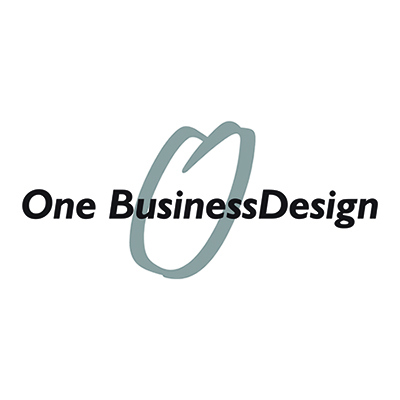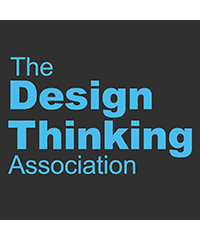
One BusinessDesign's definition of Design Thinking is:
"Using a methodology from the design profession to create the most informed future state."
Tim Fletcher believes that Design Thinking encompasses several toolboxes with multiple tools in each.
One BusinessDesign can bring Design Thinking to your organization in one of three ways:
1. Training
Through a two to five day course, One BusinessDesign will explain their Design Thinking toolboxes and provide experiential learning of their tools through practice sessions. The exercises include:
User Research – Understand the importance of the different tools of qualitative research and how they work to uncover unarticulated user needs. How to develop criteria to carry out successful user research.
Idea Generation – Understand the many idea generation tools available and the criteria to choose one tool over another. Using the unarticulated needs from the user research as input to participate in an idea generation session that diverges and then converges to actionable concepts at the conclusion.
Visualization – Understand the many ways and purposes of using a visual language versus a written one. Use visualization methods to develop a communication statement from one of the actionable concepts created in the idea generation session.
Prototyping – Understand the purpose of and many types of prototypes. Develop a prototype plan for the visualized concept and also create a rudimentary prototype.
2. Facilitation
Facilitation is normally a one day exercise, using Design Thinking to solve a specific issue. Each session is customized depending on the scope and results requested. Specific Design Thinking tools are organized depending on the needs of the session.
Examples of past facilitation sessions include:
- A thorough business plan, including an innovation strategy and layout of most important next steps for a new company.
- Product roadmap to meet the business strategy of a company in growth mode.
- Business model design for multiple startups.
- Innovation roadmaps for large organizations.
3. Design Strategy Advisor
Are you having difficulty making Design a strategic part of your business? Regardless of whether you use an internal design department or external design consultant, we can help you figure out a successful strategy to create the best value for your business. Usually these problems come on one of two forms, either a difference of professional cultures or communication methods. Tim Fletcher will help you discover the problems and create systems or language that will get you on the right track to gaining the value of innovation through design.
Contact Tim Fletcher at
 Laying out a merger plan during an One BusinessDesign Executive Retreat in the sands of the Cayman Islands
Laying out a merger plan during an One BusinessDesign Executive Retreat in the sands of the Cayman Islands
